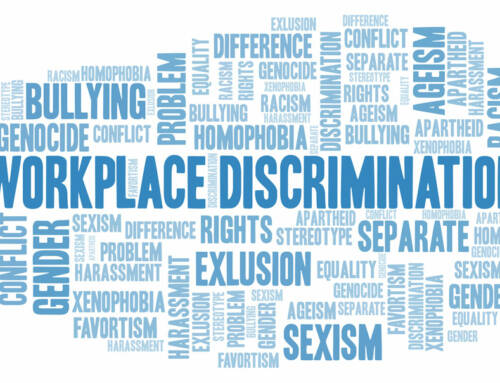The number of teenagers killed in car crashes has dropped significantly since 2009. Officials claim graduated drivers’ license programs, like the one in New York, are responsible for the drop. But the declining number of teenage drivers probably has more to do with the decline. In the 1980s, over 80 percent of 18-year-olds had a drivers’ license. Today, that figure is around 60 percent.
Nevertheless, young drivers under 20 still kill or seriously injure tens of thousands of Americans every year. Failure to look, driver distraction, and/or speeding causes most of these wrecks. As outlined below, these causes usually involve either ordinary negligence or negligence per se.
Therefore, a New York personal injury attorney can usually obtain financial compensation for victims. This compensation does not reverse the physical and emotional injuries these victims sustain. But it helps them pay medical bills and otherwise carry on with their lives. Compensation also teaches drivers that they are responsible for the mistakes they make when they are behind the wheel.
Individual Claims
Most of these crashes happen when unlicensed or recently licensed drivers are in private vehicles.
Usually, parents buy first cars for their children. Or at least they help them with the purchase, either financially or non-financially. Therefore, young drivers are normally not driving their own vehicles, and the negligent entrustment doctrine usually applies. Owners are financially responsible for compensation if they knowingly allow incompetent operators to driver their vehicles, and those operators cause crashes. Evidence of incompetency includes:
- No drivers’ license,
- Driving in violation of license restrictions, such as having passengers under 18,
- A poor driving record which includes citations and/or at-fault accidents, and
- General inexperience (e.g. allowing a teen who has only driven a Honda to get behind the wheel of a Range Rover).
Proving knowledge is sometimes an issue in these claims, especially if the owner wasn’t a family member.
Instructor Claims
Driving instructors have significant responsibilities. They must instruct students and also watch for emergencies. If they come up short in either area, they could be negligent.
Distraction is a good example. Today’s cars are essentially mobile iPhones. Even if young drivers put down their smartphones, and they often don’t, distractions are everywhere. Instructors should teach students how to block out these distractions and focus on driving. That’s a difficult lesson to convey, since student drivers must operate motor vehicles while they listen to instructors.
If an instructor’s failure to properly convey a lesson contributed to a car crash, the instructor could be liable.
More frequently, instructors are basically negligent drivers. They do not keep a proper lookout and hit the brake or grab the steering wheel, as they are instructed to do.
Instructors have commercial insurance policies. Frequently, these policies have enough coverage to provide fair compensation in many surface street wrecks. The injuries in these crashes, while severe, usually aren’t catastrophic.
Driving School Claims
The damages in a catastrophic injury claim, like a wrongful death, could easily exceed several million dollars. That’s especially true if the decedent was a young person. The survivors are entitled to compensation for things like lost future emotional and financial support.
Most driving instructors do not have enough insurance coverage to make up for losses like these. Fortunately, some third-party liability theories, like respondeat superior, give these victims an additional source of recovery. This doctrine applies if:
- Employee: Many driving instructors are independent contractors for tax purposes. But since the school has some control over their schedules, these individuals are employees for negligence purposes.
- Scope of Employment: Any act which benefits the school in any way is within the scope of employment. If an instructor takes a student off a planned route, such as a trip to a convenience store, that act is still within the scope of employment, because the learning process continues.
Other employer liability theories, which often apply in assault and other intentional tort claims, include negligent hiring and negligent supervision.
Student drivers are legally and morally responsible for car crash injuries. But they might not be financially responsible for them. For a free consultation with an experienced personal injury attorney in New York, contact Marie Napoli. There is no obligation and no upfront legal fees.






